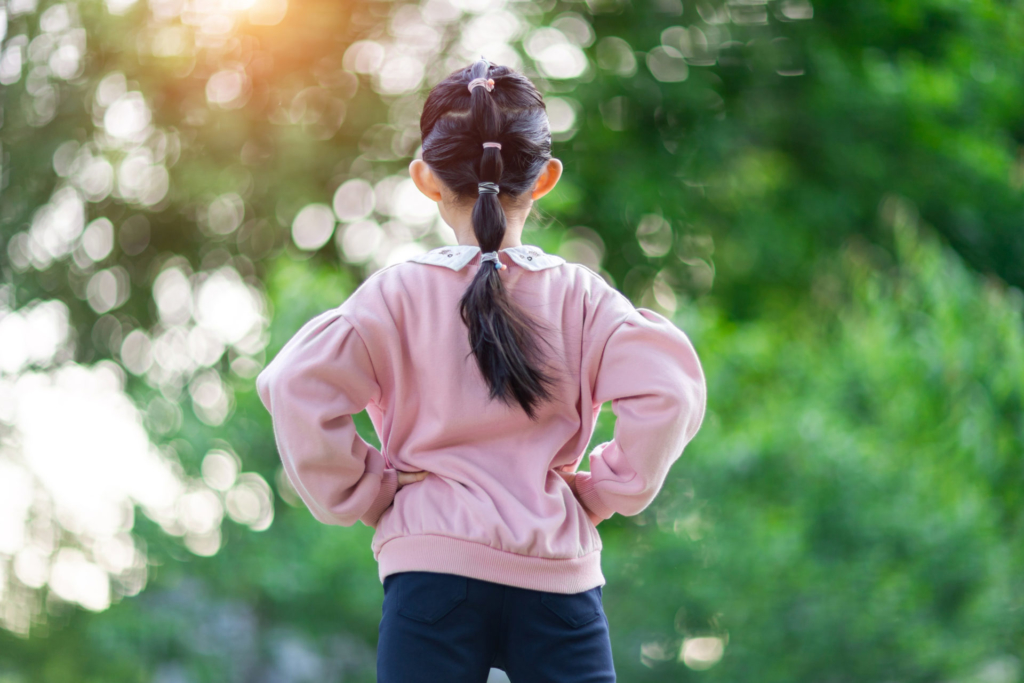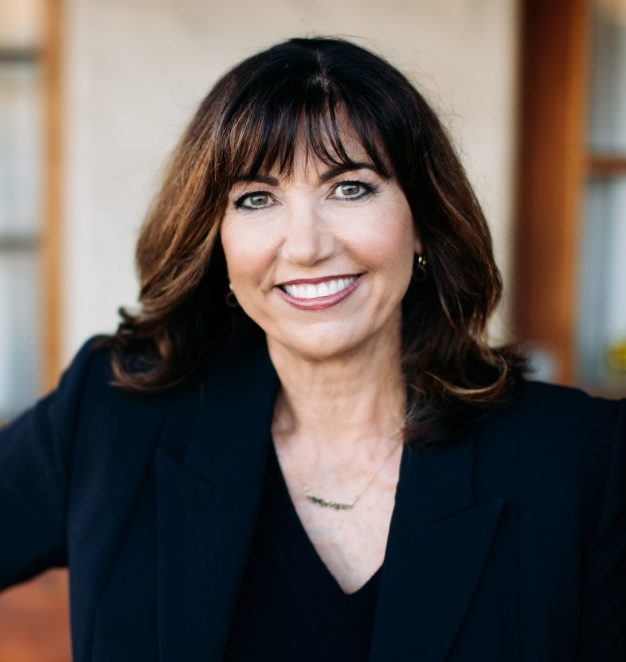Learning to navigate life starts with facing “what is” at any given moment and in any given situation. How do we support our children in this?
Pam Roy, Co-founder of B-Unbound and Straight Up Impact
Schools around the country have announced they will be back online for the beginning of the semester. A collective “ugh!” can be heard. The past two years have disrupted schedules and impacted the rituals and ceremonies that provide so much of our society’s bonding. My daughters have been caught up in this as well, mourning the loss of events they expected to happen at their stages of life. The rallying cry of their generation is, “This is NOT how it is supposed to be!”
I have a living, breathing counterpoint to the “supposed to be” narrative: my 92-year-old mother. She was born in 1929, raised during the depression, and came of age during World War II. There was so much uncertainty and upheaval that she learned to look only at “what is” and figured out how to respond. Her resilience shined when my father died in 2019, when she was quarantined alone in the home they had shared, and when she decided to move into a senior care facility so she could socialize more.
My mother knows that life is, always has been, and always will be, uncertain. Personal pandemics happen throughout life. But, recent generations have come to believe that if they just follow a linear trajectory, then life will be happy all the time. Getting good grades and going to college promises a good job that will lead everyone to become healthy, wealthy, and wise.
Human smartness cannot be mass-produced by a factory-style approach. There are too many types of smartness our society needs that have been devalued.
Pam Roy, Co-founder of B-Unbound and Straight Up Impact
Perhaps the greatest tragedy of this promise is the mental health cost. It has led to children believing that they are broken because they don’t fit this linear system. In fact, it is the linear system itself that is broken.
Human smartness cannot be mass-produced by a factory-style approach. There are too many types of smartness our society needs that have been devalued. We need craftspeople, caregivers, and artists, as much as we need scientists, doctors, and lawyers.
Training children to become dependent on institutional systems has done them a disservice. Systems do not nurture human potential. They only mine the parts that are deemed acceptable to quantifiable outputs. When systems fail, as has happened today, or people graduate out of the trajectory, they have no idea how to proceed because life is neither linear nor academic.
Learning to navigate life starts with facing “what is” at any given moment and in any given situation. How do we support our children in this?
We begin in our communities by offering youth the agency to navigate their own way with supportive adults and peers who share their interests. As they gain experience, they will learn to pivot to changing circumstances.
Schools have a role, but expecting them to raise our children is inappropriate. It also limits the array of possibilities available to young people. Schools are not agile enough to adapt to changes in real-time. The world is transforming fast and who our children know (who know them as well) and the exploration of new opportunities is essential to their future success.
Communities need to share the responsibility for nurturing the potential in each and every child. More importantly, children need to learn to take responsibility for creating their own lives and choosing the contributions they wish to make based on who they are and what they see needs to be done. Supportive relationships provide the cornerstone for this paradigm shift.
My daughters have a great role model in their grandmother. I have done my best to showcase her outlook as well. My hope is that when they come upon unexpected challenges in life, they do not sit and scream, “This is NOT how it is supposed to be!” I hope, instead, that they put their hands on their hips, look at the situation as it is, and say “Now, what can I do about this?”

